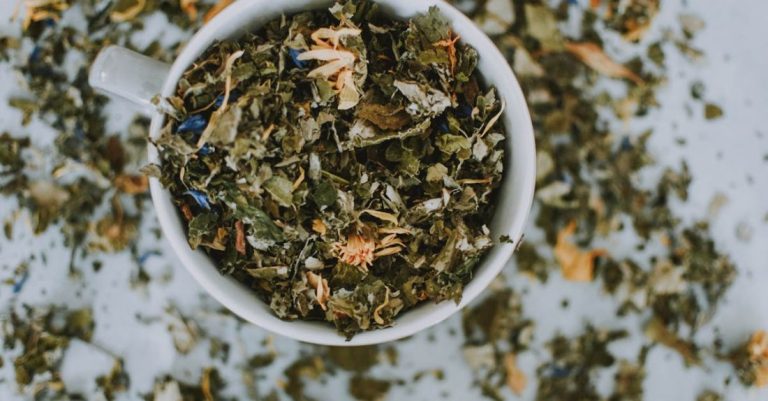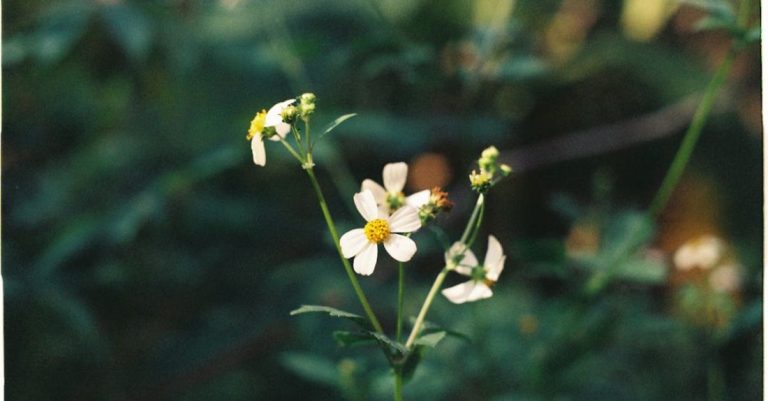
Growing your own vegetables at home is a rewarding and sustainable way to ensure a fresh and healthy food supply. However, the use of pesticides in conventional farming practices can be harmful to both our health and the environment. Fortunately, there are alternative methods to grow vegetables without the need for harmful chemicals. By implementing natural and organic techniques, you can cultivate a thriving vegetable garden that is free from pesticides. In this article, we will explore some effective strategies to help you grow vegetables without pesticides.
Choose Resilient Plant Varieties
Selecting the right plant varieties is crucial for successful pesticide-free vegetable gardening. Opt for resilient varieties that are naturally resistant to pests and diseases. By choosing plants that are well-suited to your specific growing conditions, you can reduce the likelihood of pest infestations. Additionally, consider planting a diverse range of vegetables to create a balanced ecosystem in your garden, which can help naturally repel pests.
Practice Crop Rotation
Crop rotation is a traditional farming technique that involves planting different crops in a specific sequence to help maintain soil health and deter pests. By rotating your vegetable crops each season, you can disrupt the life cycles of pests and prevent the buildup of soil-borne diseases. This method also helps to improve soil fertility and reduce the need for synthetic fertilizers. Plan your crop rotation schedule carefully to maximize the benefits for your vegetable garden.
Implement Companion Planting
Companion planting is a natural way to protect your vegetable plants from pests and promote healthy growth. By strategically interplanting certain vegetables, herbs, and flowers, you can create a diverse and harmonious garden ecosystem. For example, planting marigolds alongside tomatoes can help repel nematodes, while growing basil near peppers can deter aphids. Research companion planting combinations that are suitable for your vegetable garden and experiment with different arrangements to find what works best for you.
Encourage Beneficial Insects
Beneficial insects play a vital role in controlling pest populations in your garden. By attracting and supporting these natural predators, you can reduce the need for chemical pesticides. Planting flowers such as dill, fennel, and yarrow can attract beneficial insects like ladybugs, lacewings, and hoverflies, which feed on common garden pests. Avoid using broad-spectrum insecticides that can harm beneficial insects and disrupt the ecological balance of your garden.
Practice Integrated Pest Management
Integrated Pest Management (IPM) is a holistic approach to pest control that emphasizes prevention and monitoring to minimize the use of pesticides. By combining cultural, mechanical, and biological control methods, you can effectively manage pest populations without resorting to harmful chemicals. Regularly inspect your vegetable plants for signs of pest damage and take proactive measures such as handpicking pests, using row covers, and applying natural remedies like neem oil or insecticidal soap.
Maintain Soil Health
Healthy soil is the foundation of a thriving vegetable garden. By maintaining balanced soil fertility and structure, you can help your plants resist pests and diseases naturally. Practice organic soil amendments such as composting, mulching, and cover cropping to improve soil health and promote beneficial microbial activity. Avoid over-fertilizing with synthetic chemicals, as this can create imbalances that attract pests. Conduct soil tests periodically to monitor nutrient levels and pH, and adjust your soil management practices accordingly.
Harvest and Store Vegetables Properly
Proper harvesting and storage practices are essential for preserving the quality and freshness of your homegrown vegetables. Harvest vegetables at their peak ripeness to maximize flavor and nutritional content. Handle produce carefully to avoid bruising and damage that can attract pests. Store vegetables in a cool, dark, and well-ventilated space to prolong shelf life and prevent spoilage. Regularly inspect stored vegetables for signs of decay or infestation, and promptly remove any affected produce to prevent the spread of pests.
Incorporate these natural and organic methods into your vegetable gardening routine to grow a bountiful harvest without the use of pesticides. By prioritizing soil health, biodiversity, and sustainable practices, you can create a thriving garden ecosystem that supports the health of both your plants and the environment. Enjoy the satisfaction of growing your own pesticide-free vegetables and savor the delicious flavors of homegrown produce. With dedication and care, you can cultivate a vibrant and sustainable vegetable garden that flourishes without harmful chemicals.





